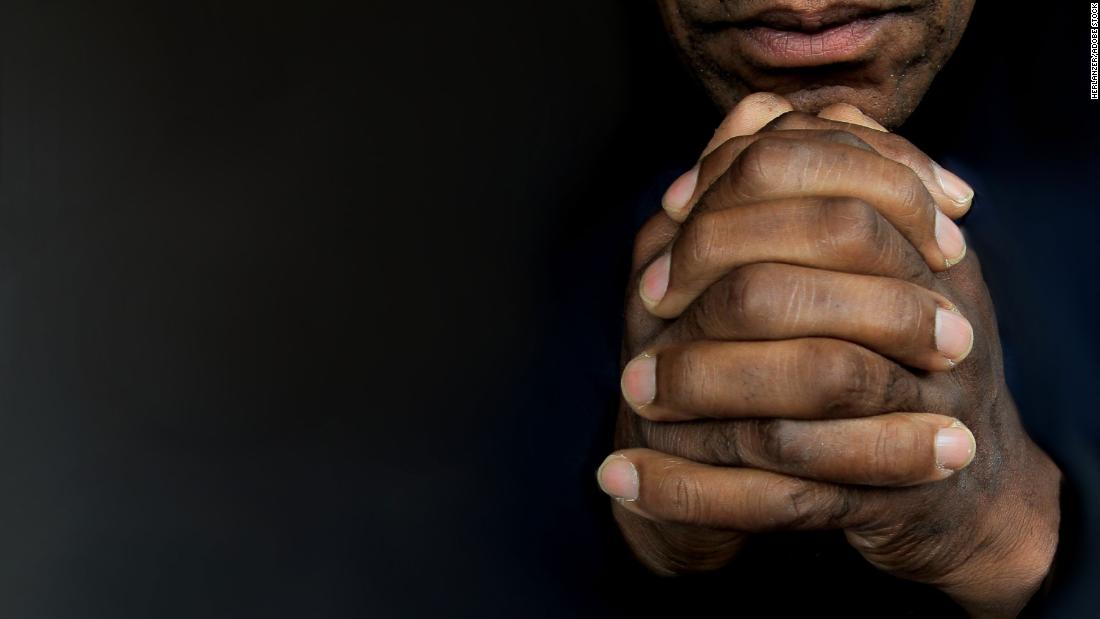For example, attending religious services was associated with a 15% greater chance of achieving an “intermediate” or “ideal” cardiovascular health composite score, which comprises eight measures, including diet, physical activity, sleep, and nicotine exposure.
“I was somewhat surprised by the findings that multiple dimensions of religiosity and spirituality were associated with better cardiovascular health across multiple health behaviors that are extremely difficult to change, such as diet, physical activity, and smoking,” said Dr. Study lead author Dr. LaPrincess C. Brewer, a preventive cardiologist and assistant professor of medicine at the Mayo Clinic in Rochester, Minn., in a news release.
“Our findings highlight the substantial role that culturally tailored health promotion initiatives and lifestyle change recommendations can play in advancing health equity,” he added. “The cultural relevance of interventions may increase the likelihood that they influence cardiovascular health and also the sustainability and maintenance of healthy lifestyle changes.”
Cardiovascular health among African Americans is worse than among non-Hispanic whites, and death rates from cardiovascular disease are higher among African American adults than among white adults, according to the release.
The study looked at survey responses and health exams from 2,967 African Americans ages 21 to 84 who lived in the tri-county area of Jackson, Mississippi, an area known for its strong religious beliefs. The analysis did not include participants with known heart disease.
Participants were grouped based on self-reported religious behaviors by health factors, and then researchers calculated the odds that they would meet heart disease prevention goals.
Epidemiologist Mercedes R. Carnethon, vice chair for preventive medicine at Northwestern University Feinberg School of Medicine in Chicago, told CNN that research suggests religious beliefs and practices correlate with better measures of cardiovascular health. She is a volunteer expert with the American Heart Association, but was not involved in the study.
“One hypothesis that could explain these observations is that both the practice of religion and behaviors that are associated with better cardiovascular health, such as adherence to medical recommendations for behavior change, not smoking, and not drinking excessively, share a common origin or personality trait, Carnethon said.
“Observing a religion requires discipline, conscientiousness, and a willingness to follow the guidance of a leader. These traits may also lead people to engage in better health practices under the guidance of their health care providers,” he added by email.
For Jonathan Butler, associate minister of the Third Baptist Church of San Francisco and a member of the research faculty of the Department of Family and Community Medicine at the University of California, San Francisco, the study presents “the case for reinforcing religion and spirituality in and culturally relevant lifestyle interventions”.
“One potential way to address health disparities in the African-American community is to harness the physical and social capital capacity of faith-based organizations to improve health outcomes,” Butler said.
But religious leaders face challenges including unsustainable research programs and volunteer burnout, he added.
Dr. Elizabeth Ofili, a professor of medicine at Morehouse College of Medicine in Atlanta, highlighted potential bias in the cross-sectional study reporting.
Ofili highlighted an opportunity for future research involving “self-monitoring/digital devices to mitigate the challenges of bias in reporting health behaviors.”
.
